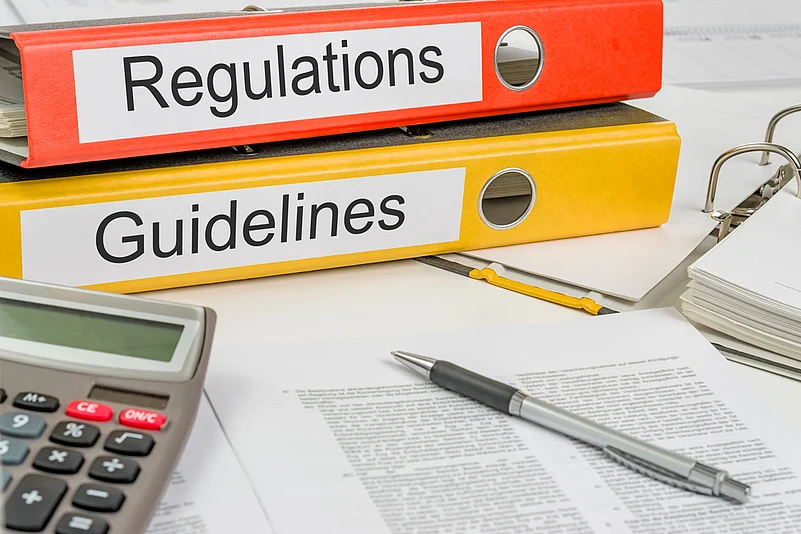The Reserve Bank of India (RBI), on September 13, 2023, issued guidelines to regulated entities in connection with the return of original documents once a borrower repays the loan in full and closes the loan account. In the event the regulated entity fails to return the original documents, which the borrower had submitted at the time of taking the loan, or delays in returning the same, the borrower shall be entitled to compensation.
These guidelines have been issued under the ‘RBI’s Fair Practice Code for Regulated Entities’, where the lenders are required to release the property (movable or immovable) documents to the borrower after receiving the full repayment of the loan and closure of the loan account.
Advertisement
But, in practice, the regulated entities have been following different practices, which has led to a rise in consumer complaints against them. To address this issue and to promote responsible lending practices, RBI today issued directions about timelines for releasing the documents, compensation in case of delays, and applicability of the guideline.
Here are the guidelines issued by RBI.
Once the borrower repays the loan in full and settles the loan account, the regulated entities need to release all the original documents of the property, whether movable or immovable. They are also required to remove the charges ‘registered with any registry’ within 30 days of the account settlement.
The regulated entities will also offer borrowers a choice to collect the documents from a branch or a banking outlet where the loan account was serviced, or any other branch or office of the regulated entity where the said documents are available.
The regulated entities are also required to mention the timeline and place of return of the original document of the movable or immovable properties in the loan sanction letter issued on or after the loan date.
According to the recent guideline, the regulated entities need to follow a ‘well laid out procedure’ for returning the original documents of the property to the legal heirs in case of demise of the borrower (sole or joint) of the loan. They are also required to publish such procedures on their website as well as follow other necessary procedures and policies for customer’s enhanced reach to information.
The regulated entities will be responsible for paying compensation of Rs 5,000 per day for any delay after 30 days of loan settlement in the event of a delay on their part in returning the documents. The delay means failure to release original documents of the property, or, file a charge satisfaction form with the relevant registry within the timelines prescribed.
If there is any damage or loss of the original documents, partly or in full, the regulated entities are required to assist the borrowers in getting a duplicate or certified copy of the documents. In such a scenario, the regulated entities will have to bear the associated costs involved in getting the documents as well as pay compensation as mentioned in the previous paragraph. But for such cases, the regulated entities will get an additional 30 days to procure the documents, and delay charges will be applicable after 60 days of loan settlement.
According to the guidelines, the compensation to borrowers for the delay in getting the original documents released will be without ‘prejudice to the rights of a borrower’ for any other compensation.
These directions will be applicable in all the cases where the release of original documents falls due on December 1, 2023, or after.














